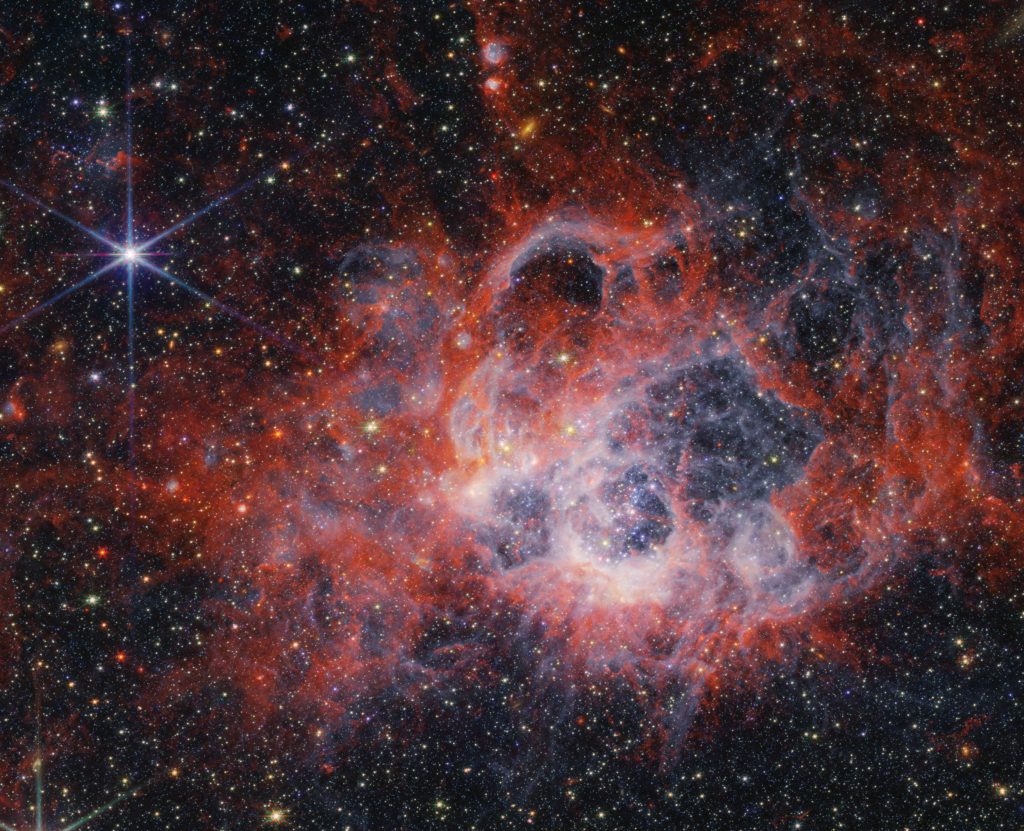GALS
Global Astrochemistry Lecture Series (GALS) is devoted to astrochemistry and the exogenous hypothesis of the origin of life. The course is organized by a consortium of scientists from different universities and research organizations and is aimed at providing a broad overview of scientific issues, problems, achievements, and open questions in astrochemistry.
